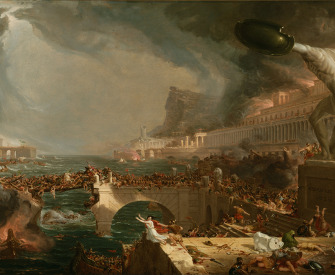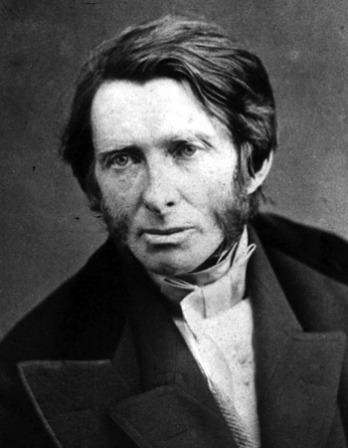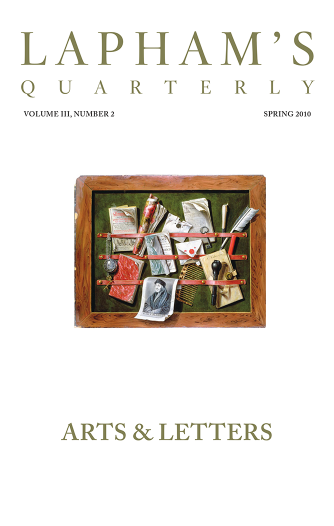Dear Mr. Secretary,
The Interim Committee has asked us to report in some detail on the scope and program of future work in the field of atomic energy. One important phase of this work is the development of weapons, and since this is the problem that has dominated our wartime activities, it is natural that in this field our ideas should be most definite and clear, and that we should be most confident of answering adequately the questions put to us by the committee. In examining these questions, we have, however, come on certain quite general conclusions whose implications for national policy would seem to be both more immediate and more profound than those of the detailed technical recommendations to be submitted. We, therefore, think it appropriate to present them to you at this time.
1. We are convinced that weapons quantitatively and qualitatively far more effective than now available will result from further work on these problems. This conviction is motivated not alone by analogy with past developments, but by specific projects to improve and multiply the existing weapons and by the quite favorable technical prospects of the realization of the super bomb.
2. We have been unable to devise or propose effective military countermeasures for atomic weapons. Although we realize that future work may reveal possibilities at present obscure to us, it is our firm opinion that no military countermeasures will be found that will be adequately effective in preventing the delivery of atomic weapons. The detailed technical report in preparation will document these conclusions but hardly alter them.
3. We are not only unable to outline a program that would assure to this nation for the next decades hegemony in the field of atomic weapons; we are equally unable to ensure that such hegemony, if achieved, could protect us from the most terrible destruction.
4. The development, in the years to come, of more effective atomic weapons would appear to be a most natural element in any national policy of maintaining our military forces at great strength; nevertheless, we have grave doubts that this further development can contribute essentially or permanently to the prevention of war. We believe that the safety of this nation—as opposed to its ability to inflict damage on an enemy power—cannot lie wholly or even primarily in its scientific or technical prowess. It can be based only on making future wars impossible. It is our unanimous and urgent recommendation to you that, despite the present incomplete exploitation of technical possibilities in this field, all steps be taken, all necessary international arrangements be made, to this one end.
5. We should be most happy to have you bring these views to the attention of other members of the government, or of the American people, should you wish to do so.
Very sincerely,
Letter to Henry Stimson. Stimson, the U.S. secretary of war, formed the Interim Committee in May 1945 to consult with officials, including Oppenheimer, about the United States’ atomic policy. Two months later, the Trinity test was conducted in New Mexico; Oppenheimer, on witnessing the explosion, famously quoted a line by Krishna from the Bhagavadgita: “Now I am become death, destroyer of worlds.” After the war, Oppenheimer served as adviser to the Atomic Energy Commission, but his security clearance was revoked in 1954 when alleged connections of his to the Communist Party came to light.
Back to Issue





